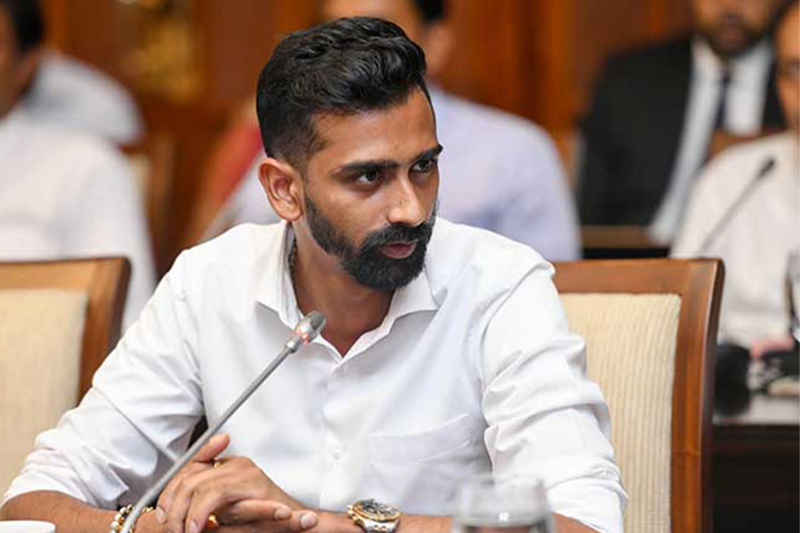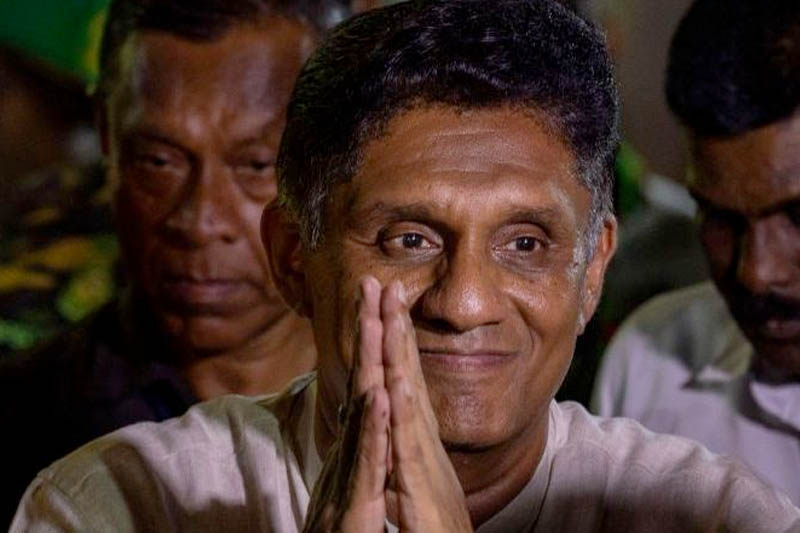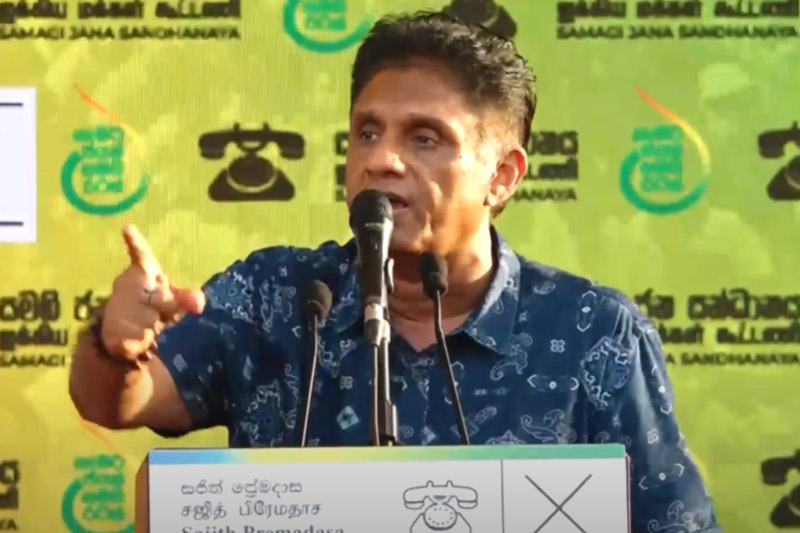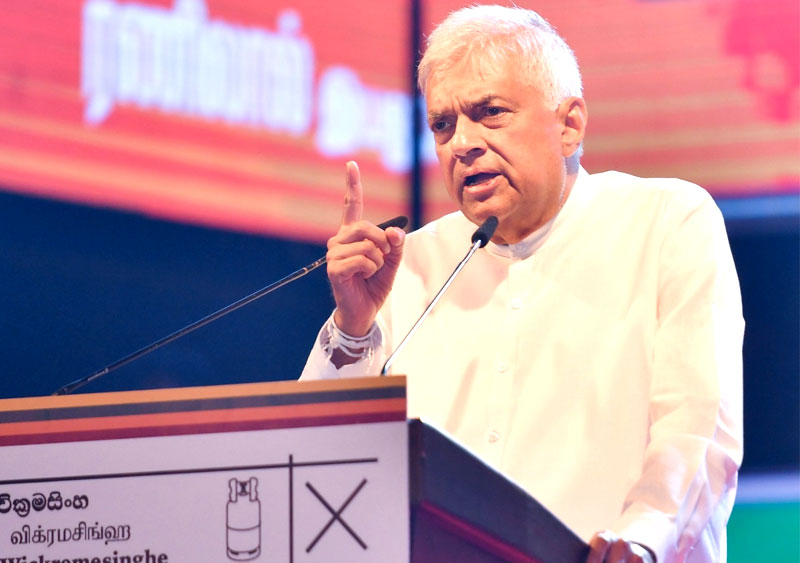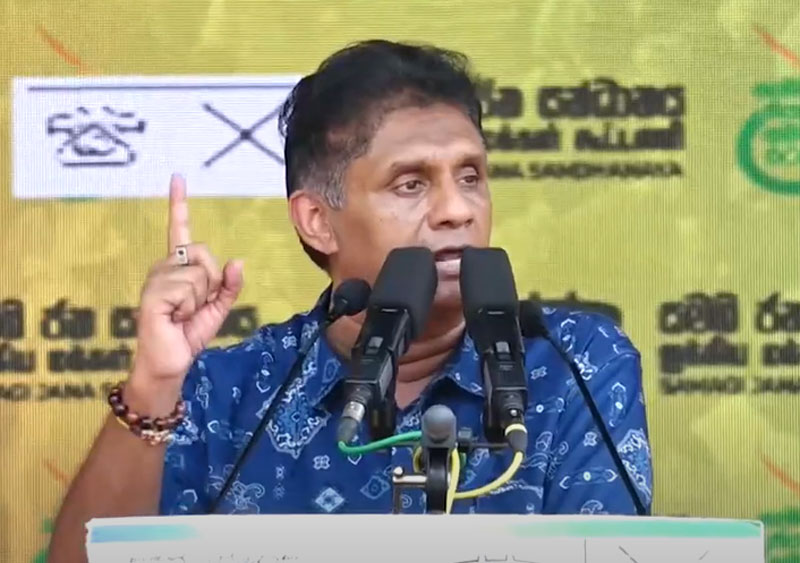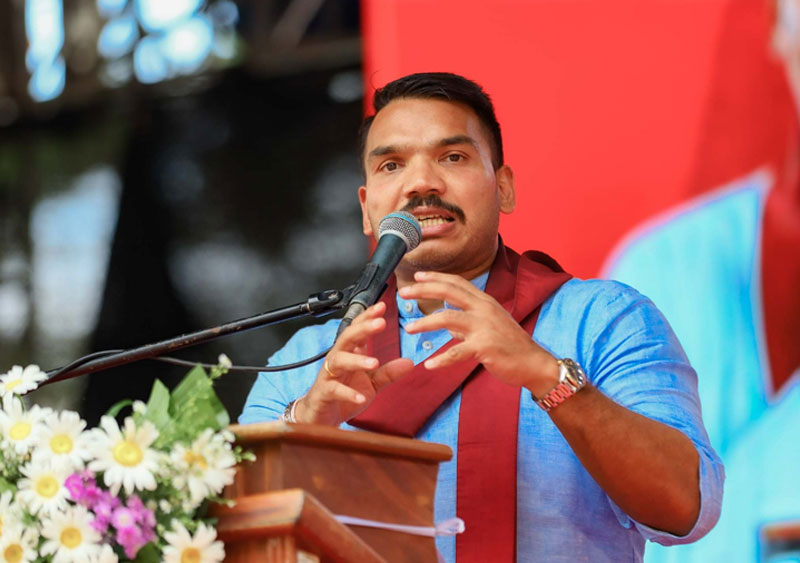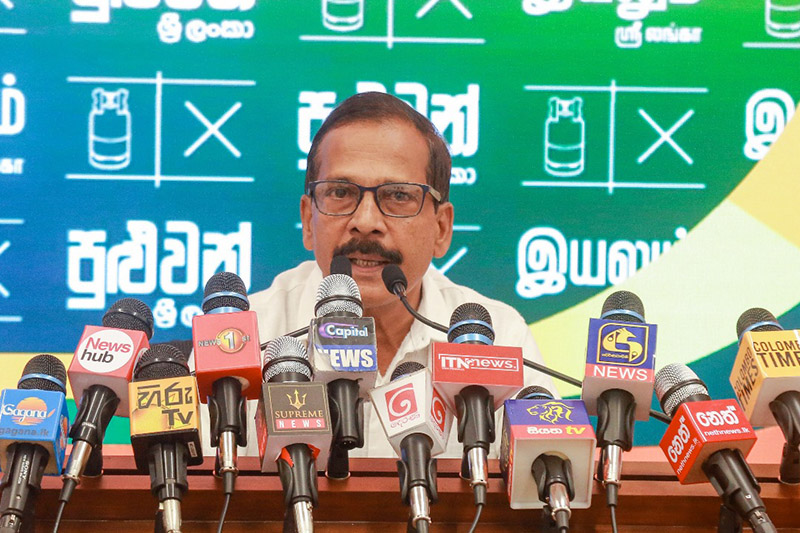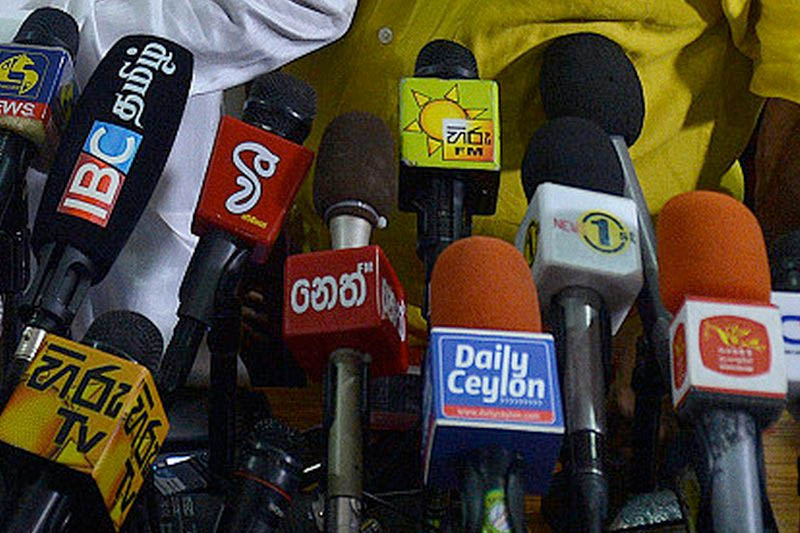In response to criticism regarding the Ceylon Workers' Congress (CWC) support for Gotabaya Rajapaksa in the 2019 presidential election, Minister Jeevan Thondaman took to X (formerly Twitter) to explain the rationale behind their decision.
He also issued a stark warning against the populist promises of Sajith Premadasa, the current presidential candidate from the Samagi Jana Balawegaya (SJB), labeling him “Promise Premadasa.”
Thondaman's remarks were aimed at dispelling accusations from the SJB in a national TV programme that the CWC’s backing of Rajapaksa was misguided. He reiterated that, at the time, Rajapaksa's manifesto appeared to offer the best hope for economic growth and a more manageable tax burden. The CWC, representing a historically marginalised community, was particularly concerned with increasing daily wages to Rs. 1,000—an issue that companies resisted, citing the high tax environment.
"We supported GR's 2019 manifesto as it was meant to accelerate economic growth and ease the burden on the public, including the tax cuts," Thondaman wrote, addressing journalist Kusum Wijesinghe who is also a member of the SJB’s Youth Wing. "We believed his victory was the best option to protect the interests of the community."
However, Thondaman acknowledged that the subsequent economic crisis had been a turning point for his party. "When the economic crisis set in, we realised that populism doesn’t solve people’s problems," he stated, referring to the broader lesson that social conservatism and exclusivist ideologies could not bring economic stability or progress.
The Minister noted that the realisation of these economic missteps had prompted the CWC to re-evaluate their stance and align with President Ranil Wickremesinghe's recovery-oriented policies. Under Wickremesinghe's leadership, the government has focused on fiscal discipline and sustainable economic growth, a direction that Thondaman suggests all political leaders should follow.
"We have realised that populist handouts only result in currency depreciation and inflation—the biggest tax of them all," Thondaman explained. He pointed to the country's improving economic situation, highlighting a 0.9% inflation rate, $6 billion in reserves, a nearly 5% growth rate (double the IMF projection), and a reduced debt-to-GDP ratio as evidence of the success of Wickremesinghe’s economic policies.
Thondaman's most direct criticism was reserved for Sajith Premadasa. He warned against Premadasa’s promises, suggesting that they would destabilise the country's fragile recovery. "If Sajith Premadasa realises the dangers of his false, populist promises and admits that the economy is too fragile to play with, then he should withdraw his candidacy," Thondaman argued. "He needs to back #RecoveryRanil and stop being #PromisePremadasa."
The CWC's shift in perspective—from supporting populist policies to embracing economic fundamentals—represents a broader political realignment in Sri Lanka. As the country navigates its economic recovery, Thondaman’s message is clear: only sustainable, long-term strategies can ensure national prosperity.
As the election campaigns heat up, the stakes have never been higher for political leaders to present practical, responsible plans for the country's future.

